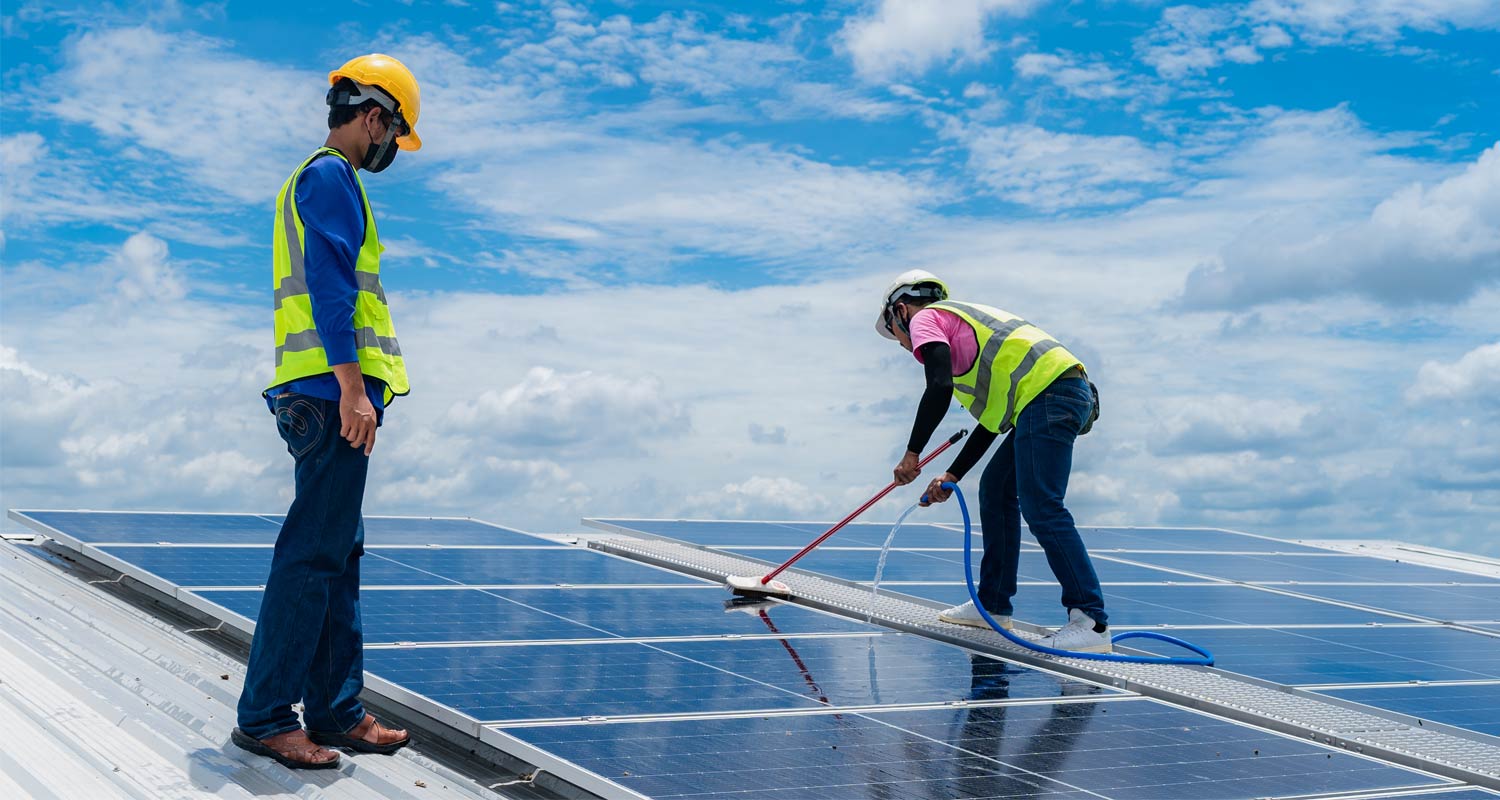 Eskom struggles to generate and supply a stable flow of electricity to meet demand in South Africa. In 2023, there were times when households and businesses had no power for up to 11 hours a day. Eskom has warned that load shedding will be worse in 2024.
Eskom struggles to generate and supply a stable flow of electricity to meet demand in South Africa. In 2023, there were times when households and businesses had no power for up to 11 hours a day. Eskom has warned that load shedding will be worse in 2024.
The result is that many South Africans are choosing to end or reduce their dependence on the national electricity grid. The approaches people are taking are still evolving. Some are choosing to cut off their reliance on local government, which is responsible for local electricity distribution and reticulation. Others are opting to add solar and battery power while retaining municipal power for backup.
The move away from reliance on the grid points to a pressing need for clarity and support in the legal and regulatory environment. The shift raises complex legal and regulatory challenges, which we dealt with in a recent paper.
We examined whether South Africa’s law allows individual households to generate their own power and disconnect their properties from the grid. And, if so, whether the regulatory framework is tailored to enable and empower them to do so.
Our paper also sought to address whether off-grid technological advances can coexist with – or are hindered by – existing regulations.
We found that there’s no national legislation that deals with delinking from the national grid. Instead, local ordinances and zoning regulations indirectly accommodate and facilitate the off-grid transition.
In South Africa, municipalities play an important role in delivering basic services, including electricity. The financial stability of these municipalities hinges, in large part, on the revenue they generate from selling electricity to consumers. Without it, most would collapse.
Disastrous
This means that while transitioning to off-grid solutions may be beneficial to individuals who can afford it, completely abandoning reliance on the grid would be disastrous for broader society. It would hobble the ability of municipalities to provide other basic services such as water and refuse removal.
We also found that homeowners face uncertainty about the legal and financial implications of moving off-grid. This includes questions about their obligations to pay municipal charges for services they no longer use.
Our research is essential for understanding and potentially reshaping the legal landscape to better accommodate and encourage off-grid electricity solutions in South Africa.
Read: Solar in South Africa is growing at an astonishing rate
The shift towards solar energy in South Africa has seen a remarkable surge. This reflects a growing trend among companies and citizens to seek alternative energy solutions.
Many factories, mines, farms, businesses and individuals are now actively reducing their dependence on Eskom’s network by integrating solar energy. This trend is driven by the desire to lower electricity bills as well as the need for a reliable backup during power outages.
 At present, those who have invested in in-house solar capacity often maintain their connection to the main grid to cover periods when solar power is insufficient or unavailable.
At present, those who have invested in in-house solar capacity often maintain their connection to the main grid to cover periods when solar power is insufficient or unavailable.
South African energy expert Anton Eberhard, using data from Eskom, has highlighted this significant transition. According to his analysis, the installed capacity of rooftop solar PV systems in South Africa has more than quadrupled between March 2022 and June 2023.
Rooftop solar energy is a popular alternative because the country has high sunlight levels. It enjoys an average of 2 500 hours of sunshine every year.
The role of local government
Legislation mandates Eskom to generate electricity and sell it in bulk to municipalities. They then reticulate it to consumers. This means that local government is a significant stakeholder in the transition of consumers to off-grid power.
Municipalities have the mandate to provide basic services, including electricity. Yet they stand to lose an important revenue source if more of their customers reduce electricity usage or delink from the grid.
Read: South African banks’ solar financing options explored
That’s why municipalities should revise their by-laws to create regulatory mechanisms for managing such a transition. By implementing by-laws that regulate electricity generation by consumers and their ability to feed into the grid, local governments can create an enabling environment for those who want to go off grid.
The consent of municipalities is essential for those looking to adopt off-grid solutions. Various municipalities have, over the past three years, introduced regulations and by-laws that typically require compliance with safety and quality guidelines. These by-laws also ensure that off-grid installations, like solar panels, are safe and effective.
In addition, municipalities require adherence to specific by-laws for consumers opting for a dual system: wanting to maintain connection to the grid while also installing small scale embedded generation systems, such as solar panels. Registration of these systems is often mandated for legal compliance and safety.
This makes municipalities regulatory bodies as well as enablers in the shift towards sustainable and self-sufficient electricity generation. By setting these regulatory frameworks, they provide a structured path for consumers to pursue off-grid solutions. In turn, this aligns with the broader national goals of energy security and sustainability.
Cape Town example
Many municipalities also understand the need to create an enabling environment for households to generate their own power and sell their excess electricity to the national grid.
For example, in January 2023, the City of Cape Town announced incentives for consumers who sell their surplus green energy to the national grid. These households can get credits against their other municipal accounts.
Read: Home solar: the pros and cons of leasing vs buying
But we found that there wasn’t consistency in approach. There are still many municipalities that don’t see their role as enabling households to make the shift to cleaner energy choices.![]()
- The authors are Germarié Viljoen, associate professor of law, North-West University, and Felix Dube, senior lecturer in the department of public law, University of Pretoria
- This article is republished from The Conversation under a Creative Commons licence

